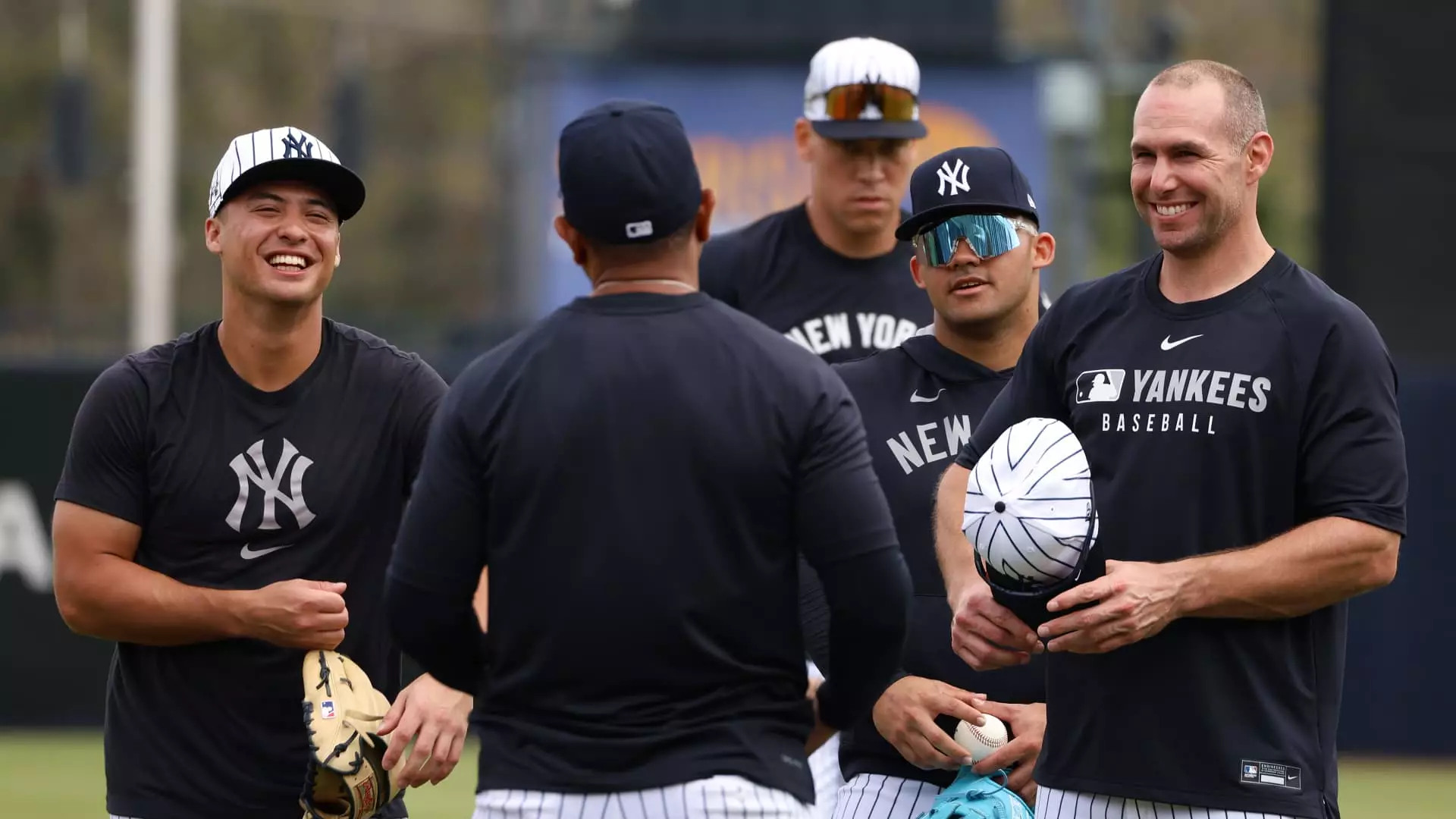In a notable departure from tradition, the New York Yankees have announced the removal of their longstanding ban on beards, a decision that marks the end of an era. Owner Hal Steinbrenner revealed the policy change in a statement, which emphasized the dialogue he has had with both former and current players over the team’s grooming regulations. The Yankees’ facial hair policy has its roots in the late 1970s under the influence of the late George Steinbrenner, who believed strict grooming standards fostered pride and discipline among the players. However, this recent change signifies a cultural shift that reflects evolving attitudes toward personal expression within professional sports.
Throughout the decades, the ban on beards has prompted pushback from many players. High-profile incidents—such as the benching of team captain Don Mattingly for not adhering to haircut regulations—have drawn attention to the stringent nature of the dress code. The comedic nod to Mattingly’s plight in “The Simpsons” illustrates how these policies stretch beyond the diamond, becoming a part of popular culture. The reluctance of some players to conform, like Andrew McCutchen’s comments regarding his dreadlocks during his tenure with the Pittsburgh Pirates, further underscores the restrictive nature of the grooming codes. As sports culture broadens to appreciate individualism, the Yankees’ policy seemed increasingly out of touch with the realities faced by many athletes today.
The Yankees’ implicit prioritization of uniformity over personal expression has had broader implications. Potential trades fell through, notably with figures like Brian Wilson, due to the beard ban. Similarly, prominent pitcher David Price openly expressed his unwillingness to join the Yankees because of the policy. Such situations highlight that while the franchise’s dedication to maintaining a strong brand identity is commendable, it can also inhibit talent acquisition and player engagement. The newer generation of players, who often embrace self-expression through various styles, might view these regulations as antiquated and counterproductive, leading to tension in the franchise.
The recent decision suggests an acknowledgment from the Yankees that the sporting landscape is changing, and with it, the expectations of athletes. The allowance for “well-groomed beards” opens doors for players to showcase individuality while still adhering to a sense of professionalism. This pivot could potentially enhance team morale and attract a broader demographic of players who value personal style as a component of their identity. As the Yankees are known for their rich history and strong brand, this move may also represent an embrace of modernity that aligns them more closely with prevailing social attitudes.
The Future of the Yankees’ Identity
Ultimately, allowing beards not only alters the grooming regulations but symbolizes a broader transformation within the organization. The Yankees are now positioned to blend their storied past with a more contemporary approach, which could foster a renewed sense of community and relevance in baseball. As franchises across the league adapt to new norms, the Yankees’ groundbreaking decision may serve as a precedent for others to follow, illustrating the importance of adapting to cultural changes while honoring a legacy that remains an integral part of their identity.

